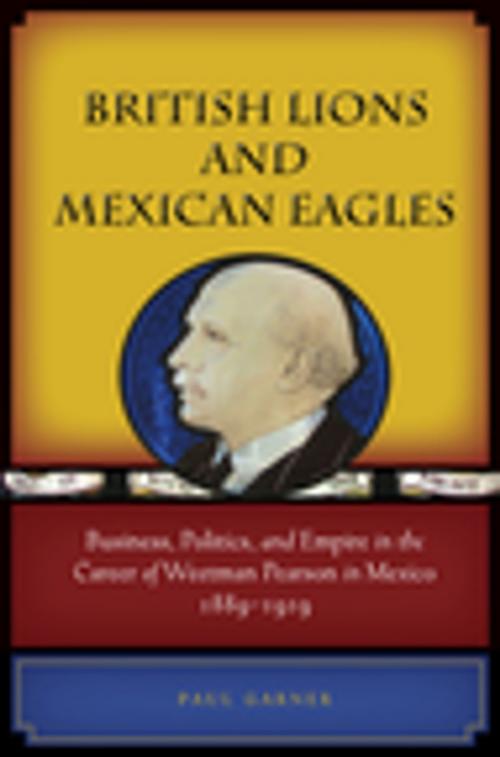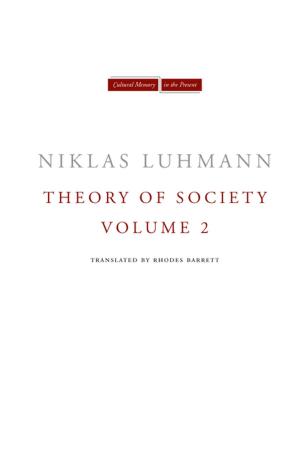British Lions and Mexican Eagles
Business, Politics, and Empire in the Career of Weetman Pearson in Mexico, 1889–1919
Nonfiction, History, Americas, Mexico| Author: | Paul Garner | ISBN: | 9780804779036 |
| Publisher: | Stanford University Press | Publication: | September 9, 2011 |
| Imprint: | Stanford University Press | Language: | English |
| Author: | Paul Garner |
| ISBN: | 9780804779036 |
| Publisher: | Stanford University Press |
| Publication: | September 9, 2011 |
| Imprint: | Stanford University Press |
| Language: | English |
Between 1889 and 1919, Weetman Pearson became one of the world's most important engineering contractors, a pioneer in the international oil industry, and one of Britain's wealthiest men. At the center of his global business empire were his interests in Mexico. While Pearson's extraordinary success in Mexico took place within the context of unprecedented levels of British trade with and investment in Latin America, Garner argues that Pearson should be understood less as an agent of British imperialism than as an agent of Porfirian state building and modernization. Pearson was able to secure contracts for some of nineteenth-century Mexico's most important public works projects in large part because of his reliability, his empathy with the developmentalist project of Mexican President Porfirio Díaz, and his assiduous cultivation of a clientelist network within the Mexican political elite. His success thus provides an opportunity to reappraise the role played by overseas interests in the national development of Mexico.
Between 1889 and 1919, Weetman Pearson became one of the world's most important engineering contractors, a pioneer in the international oil industry, and one of Britain's wealthiest men. At the center of his global business empire were his interests in Mexico. While Pearson's extraordinary success in Mexico took place within the context of unprecedented levels of British trade with and investment in Latin America, Garner argues that Pearson should be understood less as an agent of British imperialism than as an agent of Porfirian state building and modernization. Pearson was able to secure contracts for some of nineteenth-century Mexico's most important public works projects in large part because of his reliability, his empathy with the developmentalist project of Mexican President Porfirio Díaz, and his assiduous cultivation of a clientelist network within the Mexican political elite. His success thus provides an opportunity to reappraise the role played by overseas interests in the national development of Mexico.















